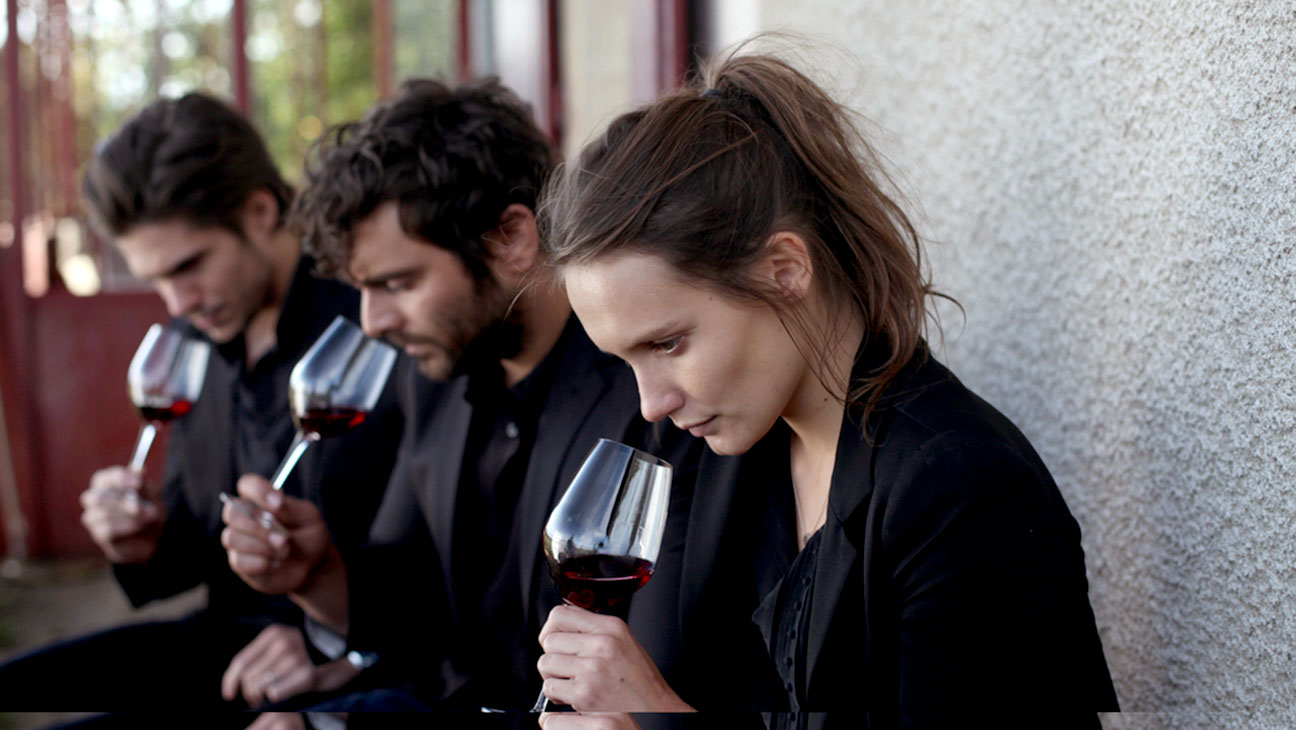Film Review: Back To Burgundy
Siblings Resolve Family Strife Over A Glass Of Wine In A French Dramedy That Goes Down Easy, Evaporates Quickly

Latest Article|September 3, 2020|Free
::Making Grown Men Cry Since 1992
